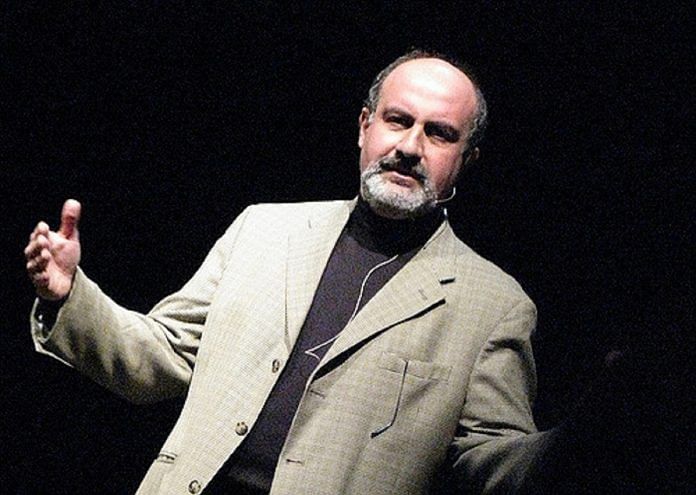Skin in the Game has arguments that may be deemed somewhat questionable to the critical eye. However, one needs to realise that Taleb’s charm does not lie in making correct arguments.
Nassim Nicholas Taleb’s ‘Incerto’ series has included some very influential works like Black Swan and Anti-fragile. Skin in the Game, introduced in Antifragile, is the latest in the series and, much like its predecessors, it is gripping and persuasive.
From the outset, Taleb discounts the efficacy of any book review in accurately representing a book to a reader. Book reviewers are dismissed as unnecessary middlemen who are prone to misrepresentation and distortion.
In essence, the book hinges on one central principle. “Beware of the person who gives advice, telling you that a certain action on your part is ‘good for you’ while it is also good for him, while the harm to you doesn’t directly affect him.”
This principle was first proposed by Taleb in Antifragile. While one is impressed with Taleb’s persuasive style and frequent real-life examples, the very concept of Skin in the Game is represented in a repetitive fashion.
The examples of investment bankers as having differing interests from their customers and journalists as having opinions without risks are somewhat stale. Any reader familiar with Taleb’s work will notice that Skin in the Game lacks the boldness and novelty of his earlier works. Antifragile introduced us to the concept of fragility and robustness while Black Swan discussed the occurrence of rare events.
The novelty of Skin in the Game lies in some observations made by Taleb. The issue of ‘minority rule’ is one such observation. According to Taleb, the popularity of halal meat lies in the fact that Muslims absolutely refuse any other form of food whereas other communities have no such rigid notions. Therefore, the preferences of an orthodox minority are adopted by everyone else, which leads to the acceptance of halal meat.
Taleb defends his argument by citing many other examples, like the popularity of kosher food and the non-availability of peanuts in the U.S. due to the small number of people allergic to them. While the observations are sound, they can be countered very firmly by real-life examples of minority persecution. Many communities in India have to tone down their practices because the majority does not deem them acceptable.
Skin in the Game has arguments that may be deemed somewhat questionable to the critical eye. However, one needs to realise that Taleb’s charm does not lie in making correct arguments. In The Republic, Plato controls the narrative to such an extent that one seems to lose the desire to criticise or read between the lines. Taleb is equally skilled in this department. He takes the reader on a journey that is at once relatable and gripping.
We enjoy the way Taleb dismisses influential people and their notions of success. We like it when famous economists and highly successful bankers are dismissed as just fancy salespersons. The narrative is spun around real-life examples, which always support Taleb’s arguments. There is never a moment of self-doubt and ambiguity as Taleb approaches all issues with a confident black-and-white approach. It is, thus, very easy to get carried away with Taleb’s prose style.
Skin in the Game seems like a book that has been patched together from sections of Antifragile. It is possible that the once-inventive Taleb has now run out of new things to say. For any first-time reader looking to understand Taleb’s theories, Skin in the Game is a good place to start. Sections like ‘The intellectual yet idiot’ and ‘Jesus was a risk taker’ are delivered in his classic style. Perhaps, Taleb’s intention all along was to make a shorter version of Antifragile or organise his thoughts in a crisper fashion in Skin in the Game.
Mukul Kashyap is a postgraduate in English Literature from the University of Delhi and is currently working in a FinTech startup.




Mukul’s critique is matter of fact and gives an idea of what to expect in Skin in the Game. At places, he doesn’t give an impression of being happy with Taleb’s latest work. Could it not be that what Mukul describes is lack of new ideas, is actually an extension of already established ideas by Taleb in his earlier works?
It seems that the best thing to do is to read Antifragile first and then go on to Skin in the Game.